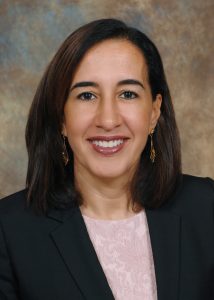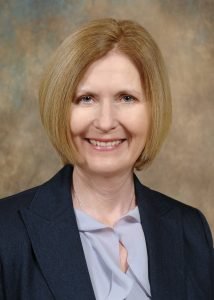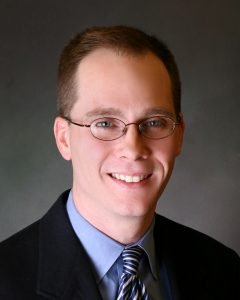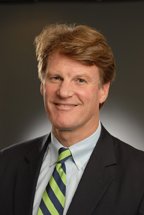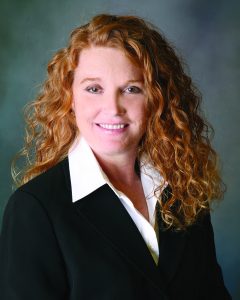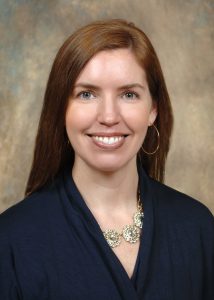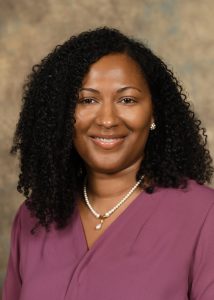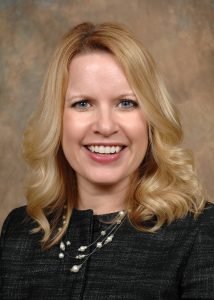Author: pricilagran

Narrative Medicine is designed to help providers think about patient’s unique stories and not their disease.
Lindner Center of HOPE is hosting a training for providers and caregivers to learn how a patient’s story of their illness provides unique insights for treating and caring for them.
Narrative Medicine: Creating More Therapeutic Clinical Encounters will be presented by Shana Feibel, DO, Lindner Center of HOPE, on February 22, 2020 from 11:30 to 3 pm at Lindner Center of HOPE, 4075 Old Western Row Rd., Mason, Ohio. The training is $20 and includes a light lunch and 3 CEUs.
Upon completion of the workshop the participants should be able to describe the principles behind and the value of narrative medicine as a complement to clinical medical
Education, practice a narrative medicine workshop to help recognize the value of understanding differing viewpoints and perspectives and reflect on the emotions that others are struggling with to better understand the humanity in ourselves and in our patients.
Narrative Medicine is a particular way of thinking about a patient’s narrative as they reveal the story of their illness. The focus is on individuals and their unique stories, not their disease, and on our shared emotions and attitudes and, ultimately, on gaining insight into what makes us human.
Before Dr. Feibel attended medical school and a psychiatry residency, she graduated with an M.A. in Film History and an M.F.A. in Screenwriting from The U.C.L.A. School of Theater, Film and Television. She is a published author, filmmaker and an award-winning screenwriter. In 2017, she became one of the first graduates of the on-line Graduate Professional Certificate Program in Narrative Medicine from Columbia University, where modern Narrative Medicine began. She has given Narrative Medicine workshops across the country. In June, 2019, she spoke about Narrative Medicine at The CHCI Health and Medical Humanities Summer Institute in Paris, France.
Register at: lindnercenterofhope.org/narrative-medicine/ by February 14.
